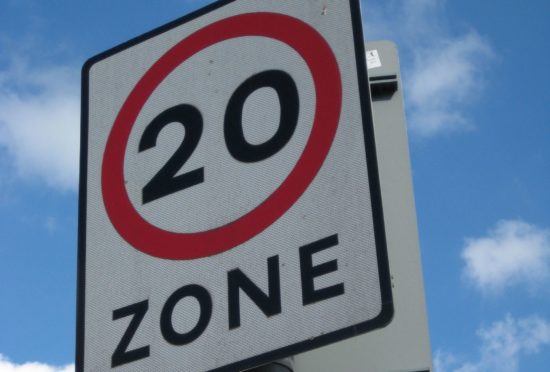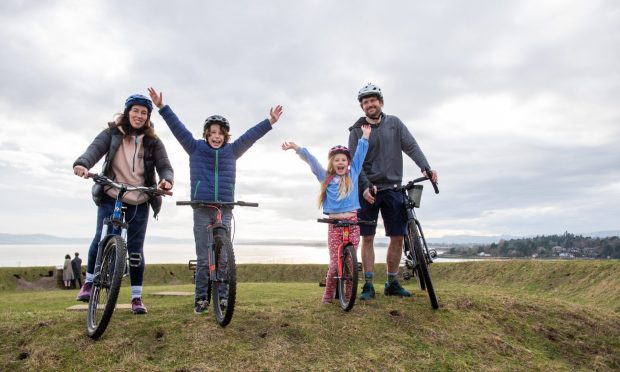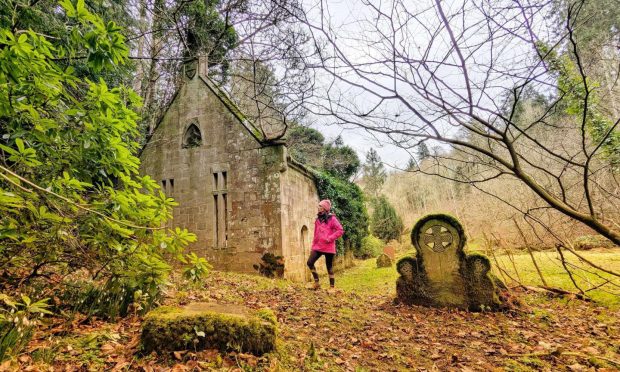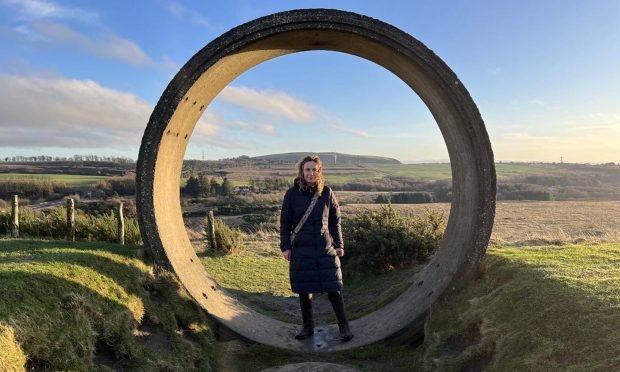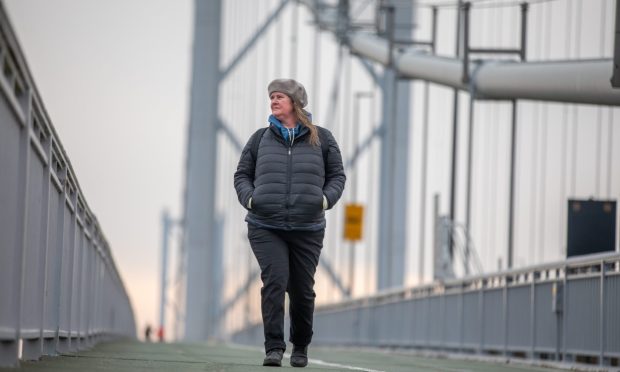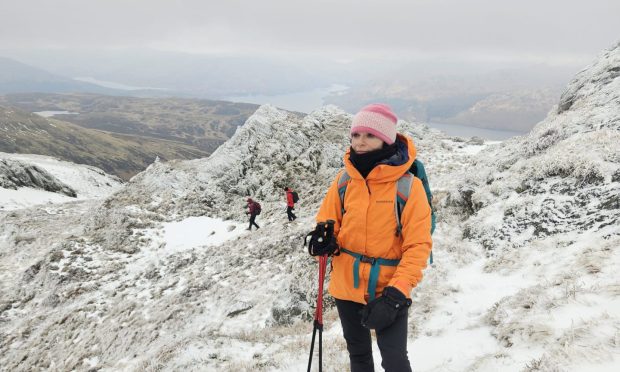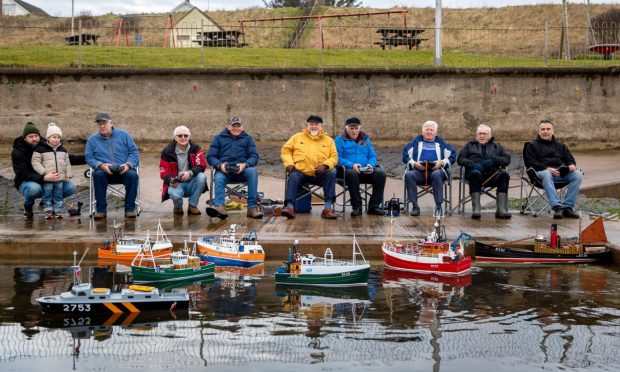Last week my local authority announced 41 new temporary 20mph speed limits in towns and villages across Perth and Kinross.
The initiative is part of a Spaces for People project that supports active travel during lockdown. The grant, administered by Sustrans, is aimed at improving safety and access for pedestrians and cyclists.
One of those villages is the one I live in and we have been asking for some form of speed control for over a decade; the village has no pavements and many children growing up there. I was delighted, with the only caveat being, why only temporary?
Predictably, the announcement on social media came accompanied by the bumpers of gums – those who felt driving was difficult enough without having to stick to a 20mph on a road that is designated for vehicles.
This kind of rhetoric seems to pervade any kind of announcement that supports infrastructure for the safety of pedestrians, cyclists and other vulnerable road users.
However, on the same day I read this announcement another report was released from a Bike Is Best survey, commissioned by Dr Ian Walker, an environmental psychologist at the University of Bath.
It found that 77% of the UK population would support changes that encouraged more walking and cycling. It also found that the plans to action these changes were under threat from a minority of objectors.
In some areas in England, work on funded cycle routes had been cancelled after vocal protests from pro-motoring groups. In 2017 opposition against 20mph streets garnered the same outrage, but data showed that the proportion opposed to such measures was only 10%.
Dr Walker said: “Perhaps one reason negative voices find it so easy to sway things their way is that people have a tendency to misjudge public levels of support.”
He continued: “The survey showed that, while most people think Britain would be a better place if more people cycle, they also guessed that other people were less supportive, and more hostile, to the idea than they were.”
It seems ludicrous that anyone would be opposed to something that makes our lives safer and more pleasant. Even if you don’t cycle yourself, then there is a good chance you have someone close to you who does. Last week, on a cycle with my family I was riding behind my daughter.
We were on a long straight and wide road -visibility ahead was at least 500-metres, we were wearing bright clothes and we also had day-bright rear lights flashing on each of our bikes. I was aware that a vehicle was coming up behind us.
It sounded fast and as I looked over my shoulder I saw a white 4WD.
Knowing that we were clearly visible and that there was plenty of space for the vehicle to pass us safely. I was shaken when, seconds later, the vehicle drove past us at speed and so close its wing mirror just missed clipping my daughter’s shoulder.
Thankfully such incidents are rare and I find that drivers around my area travel with respect and courtesy for cyclists, but there are the small minority, perhaps the 10% mentioned above, who hold other road users in contempt.
As cyclists, or those who have friends and family who cycle, we need to be vocal in our support for measures and initiatives that encourage more cycling and sustainable transport infrastructure.
We need to let our voices be heard. We need to let it be known that behaviour that puts us in danger is not acceptable.
If a 20mph speed limit makes our journey in a car a few minutes longer, then so be it. I would say it is a price worth paying for the lives of our children and loved ones.
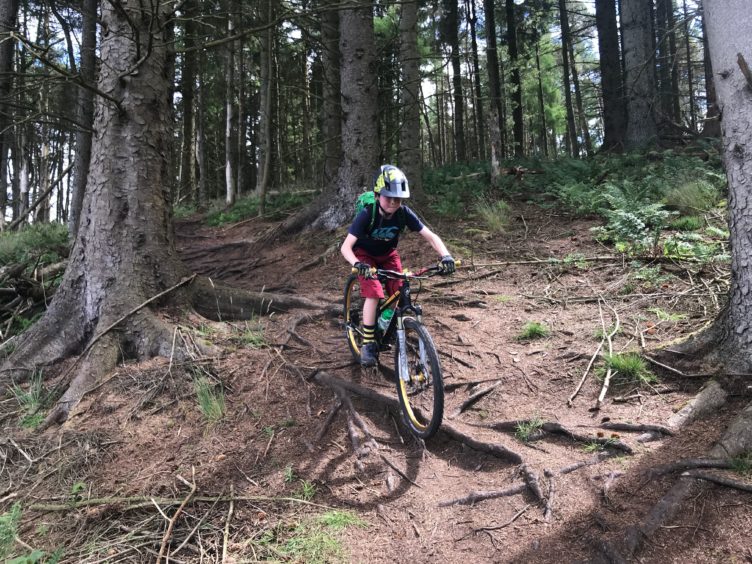
Where to ride: Pitmedden Forest, Abernethy
OS 1:50,000 Map 58 – NO189139
Parking: There is space for parking as you enter the forestry gate and further space as you head up the fire road.
Details: Pitmedden is one of those places that I head to too infrequently. Which is a shame as the mix of trails offer some great riding with so many options you can spend a whole day there and keep finding new tracks to ride.
